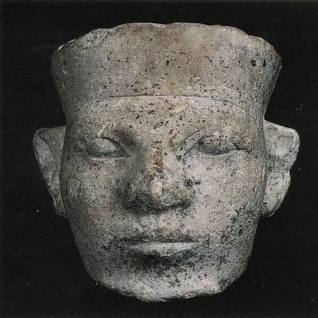
A missing spoke in Garland Nixon’s analysis is the role of the palace. Libya’s destruction was among various matters a by-product of Hillary Clinton’s Presidential ambitions and wish to have a photo opportunity as a successful conqueror. There are interesting precedents such as Julius Caesar’s militarily pointless expedition to Britain, which he later wrote up as part of his campaign for rulership of Rome. Curiously, Clinton referenced Caesar’s exploit when she said ‘we came,we saw, he died’. This clearly references Caesar’s ‘Veni, vidi, vici’ (I came, I saw, I conquered). This reference is revealing because the original was a PR stunt. Incidentally, the actual conquest of Britain was concluded by an African Roman Emperor, Severus.
Intrigues and conflicts at Rome, the centre of the Roman Empire, decided the fate of nations, often in the most incidental manner. This environment is so well documented in Appian and Tacitus. A whole city may be reduced to rubble to punish a Roman competitor personally.
US foreign policy ceases to make sense because it may be the by-product of truly vicious internal conflict in Washington (Rome). This level of conflict is genuinely worthy of a Roman general at any point in the Roman empire. They would be at home in Washington. They would be familiar with the amount of bloodshed outside the borders of Washington (Rome). Attempts to seize the Senate, as Caesar (‘crossing the rubicon’) did, would be old hat, a rerun. A Senate controlled by wealth, bribing and bullying of the electorate, a fear of a rampaging mob in the streets of Rome (Washington) and the threat of popular uprising if the cheap wheat (gas) did not come from Egypt (Opec) would be part of everyday business.
It is easy to forget that military battles were also symbolic events just as elections are today. Both can be highly expensive. The need to acquire wealth as a step in the political process was a given in Rome. This process of acquiring wealth never involved too much niceties about it. Roman generals were also familiar with the fevered involvement of persons with great wealth and their total incompetence when it came to actual politics or war.
Lastly, Napoleon tried to ban the works of Tacitus from the reading of French citizens. Reading Tacitus, they may gain too much insight into Napoleon’s ambitions. Today the State simply closes classics departments.

